Conspiracy theories, secret societies, and whispers of shadow governments have long fascinated those who question the true nature of power. While elected officials and corporate leaders appear to be the faces of authority, many believe that an unseen group—the Untouched—wields the real control. But who are they? And how much of this is speculation versus reality?
This article explores the possibility of hidden power structures, drawing from history, finance, politics, and elite organizations to uncover who might be pulling the strings behind the scenes.
1. The Illusion of Democracy: Do Elected Leaders Really Rule?
Most societies function under the assumption that power lies in the hands of the people, expressed through democratic elections. However, history suggests that behind every political figure, there are hidden forces influencing decisions.
Lobbyists and Corporate Power
Large corporations and special interest groups heavily influence policymaking. Entities like Big Pharma, Wall Street banks, and military contractors invest billions in lobbying efforts to shape legislation in their favor. In the U.S. alone, corporate lobbying expenditures exceeded $3.7 billion in 2023 (OpenSecrets).
Example: The 2008 financial crisis saw major banks bailed out while millions of Americans lost their homes. Despite clear evidence of wrongdoing, no high-level executives were held accountable. Why? The financial elite had deep ties to government regulators and policymakers.
The Role of Think Tanks and Private Organizations
Groups like the Council on Foreign Relations (CFR), Bilderberg Group, and Trilateral Commission bring together top politicians, bankers, and corporate executives to discuss global policies—behind closed doors. While some argue these meetings are simply forums for discussion, others believe they set the agenda for future world events.
2. Banking and the Financial Elite: Who Controls the Money Controls the World
“If you control the money, you control the world.” This quote, often attributed to banker Mayer Amschel Rothschild, underscores the power of financial institutions.
Central Banks and the Federal Reserve
Despite being presented as independent institutions, central banks hold immense power over economies. The U.S. Federal Reserve is not a government entity but a privately owned central bank that dictates interest rates, prints money, and bails out corporations during crises.
Consider this:
- The Federal Reserve printed over $4 trillion in response to the 2020 pandemic, yet much of that money flowed into the stock market rather than helping ordinary citizens.
- The Bank for International Settlements (BIS), often called the “central bank of central banks,” operates with little transparency and wields massive financial influence over global economies (BIS Official Site).
The Power of Wealthy Families
Names like Rothschild, Rockefeller, and Morgan often surface in discussions about financial elites. These dynastic families built vast banking empires that continue to influence global finance.
Example: The Rockefeller Foundation played a key role in shaping the modern medical industry, funding research and institutions that eventually led to the dominance of pharmaceutical companies.
3. The Military-Industrial Complex: Perpetual War for Profit
War is often framed as a battle for democracy, security, or human rights. But what if wars are engineered for profit?
Who Benefits from Global Conflict?
- Defense contractors like Lockheed Martin, Raytheon, and Boeing generate billions from war. The U.S. military budget in 2023 was $886 billion—more than the next ten countries combined (Statista).
- War creates demand for weapons, rebuilding contracts, and resource exploitation. After the Iraq War, companies like Halliburton made $39.5 billion from contracts to rebuild infrastructure.
False Flags and Manufactured Crises
History has examples of events that appear orchestrated to justify war:
- The Gulf of Tonkin Incident (1964) led the U.S. into the Vietnam War but was later revealed to be misrepresented by the government.
- Weapons of Mass Destruction (WMDs) were cited as the reason for the Iraq invasion, yet no such weapons were found.
Could modern conflicts be similarly manipulated?
4. Big Tech and the New Digital Oligarchy
While banks controlled the world in the 20th century, tech giants now wield immense influence over information, behavior, and social control.
Surveillance and Data Control
Companies like Google, Meta (Facebook), and Microsoft collect vast amounts of data, which is often used for surveillance and manipulation. Edward Snowden’s 2013 revelations exposed government partnerships with tech companies to conduct mass surveillance (The Guardian).
- Social media algorithms can be used to sway public opinion, amplify certain narratives, and suppress dissenting voices.
- Artificial intelligence (AI) advancements allow for deepfakes, misinformation campaigns, and psychological profiling to influence populations.
The Push for Digital IDs and Central Bank Digital Currencies (CBDCs)
Governments and financial institutions are moving toward CBDCs, which could eliminate cash and give central banks total control over financial transactions.
If fully implemented, this system could mean:
✔️ Every transaction is traceable.
✔️ Governments could freeze assets instantly.
✔️ Privacy in financial matters would be eliminated.
5. Are Secret Societies Still Relevant?
From the Freemasons to the Illuminati, secret societies have long been rumored to influence world events.
- Skull and Bones (Yale University): Members include George W. Bush and John Kerry. This elite group has historical ties to U.S. intelligence and finance.
- Bohemian Grove: An exclusive gathering of global elites in California, where world leaders discuss strategy away from public scrutiny.
These groups operate behind closed doors, leading many to wonder: Are they just social clubs, or do they play a larger role in world affairs?
Final Thoughts: Do the Untouched Exist?
While not all power is controlled by a single shadowy group, patterns of influence are undeniable. Financial elites, military-industrial interests, and tech giants operate largely outside democratic control, shaping societies without public input.
The key to understanding power is recognizing that it often operates in secrecy, protected by institutions, laws, and narratives designed to keep the public unaware.
The question isn’t whether the Untouched exist—it’s how much control they truly have.
Meta Title:
The Untouched: Who Really Controls Society from the Shadows?
Meta Description:
Who holds the real power in society? From financial elites to secret organizations, discover how hidden forces shape global events beyond public view.
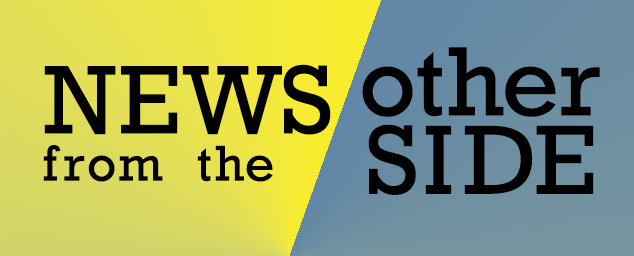

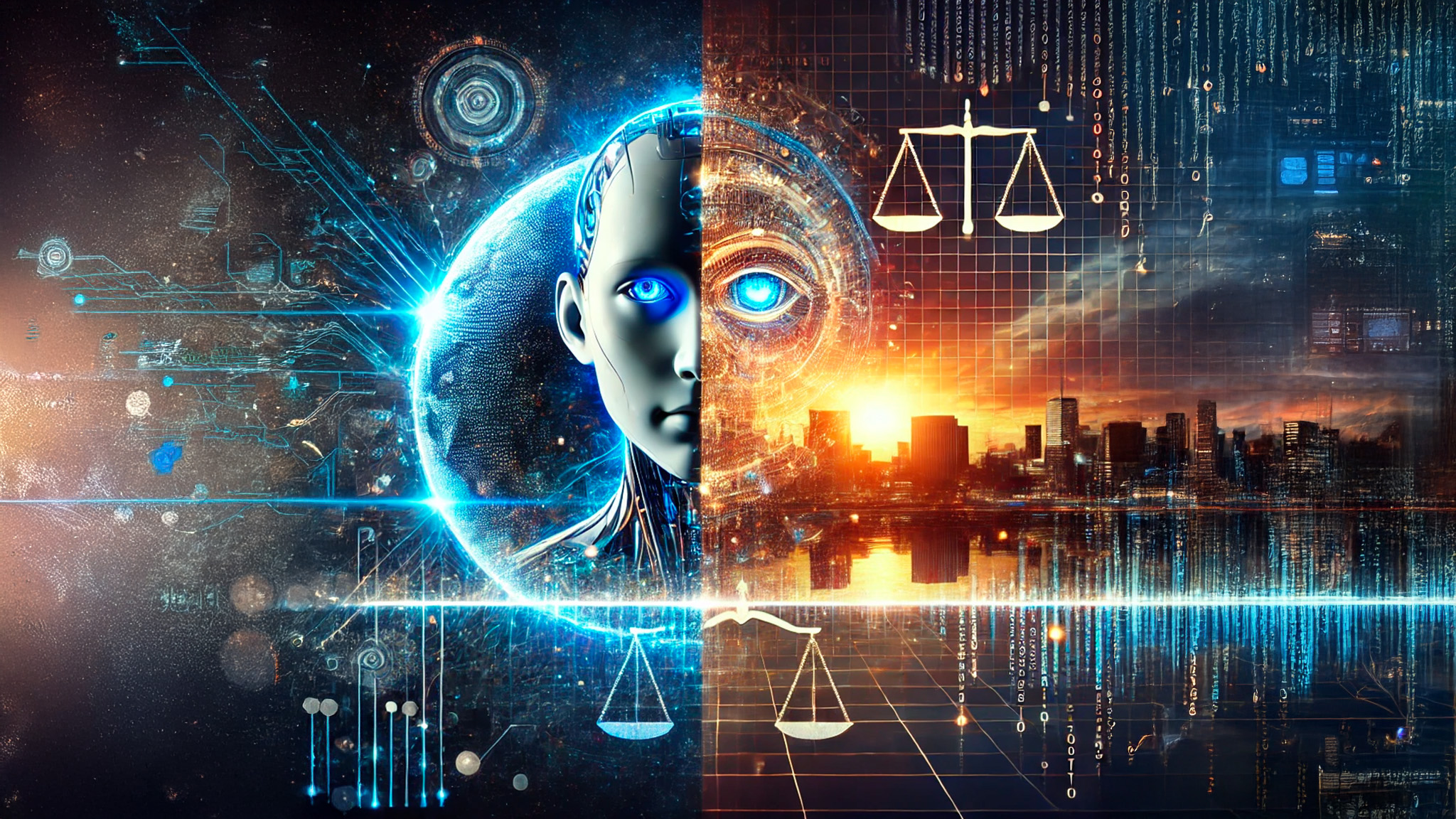
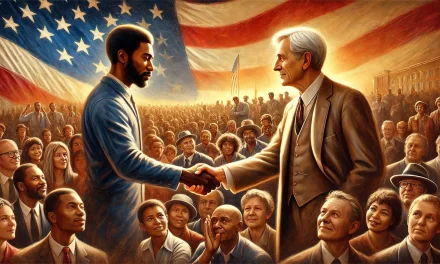
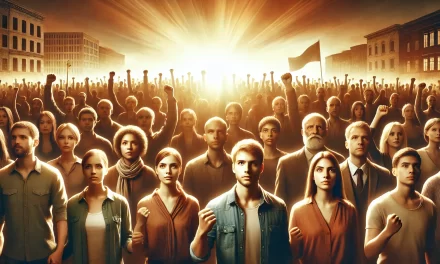
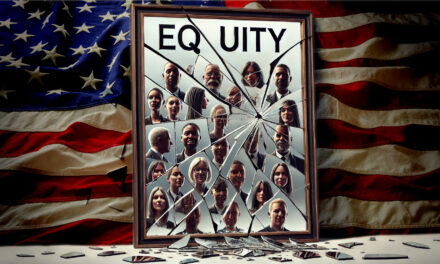
Recent Comments